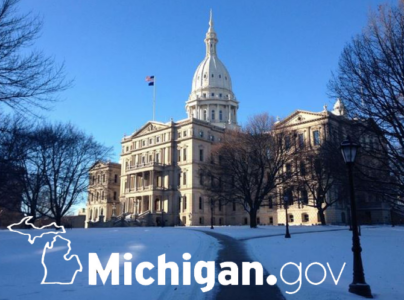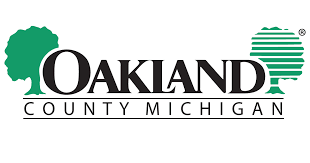
task force to address racial disparities in state’s child protection system

Press Release FOR IMMEDIATE RELEASE: Feb. 16, 2021 MDHHS CONTACT: Bob Wheaton, 517-241-2112, wheatonb@ MPHI CONTACT: Dr. Paul Elam, 517-388-7651, pelam@ Michigan creates task force to address racial disparities in state’s child protection system LANSING, Mich. – The Michigan Department of Health and Human Services (MDHHS) has created a task force to prevent and eliminate systemic racism in the state’s child protection system and transform it to make family well-being and preventing abuse, neglect and trauma the top priority of the department’s Children’s Services Agency. MDHHS is partnering with MPHI, a non-profit public-private partnership created to support MDHHS, to establish the Child Welfare Improvement Task Force to address racial disparities in child welfare. The action is an acknowledgement of the beliefs of Gov. Whitmer and MDHHS that systemic racism is a public health threat. The independent task force will be co-chaired by David Sanders, Ph.D., executive vice president of systems improvement at Casey Family Programs, and Tommy Stallworth, director of the Michigan Coronavirus Taskforce on Racial Disparities. MPHI will convene the task force, led by Dr. Paul Elam, chief strategic officer. MDHHS believes overrepresentation of children of color in the child protection system requires a fundamental system change. Children of color enter foster care at higher rates and stay in care longer than their white peers. They are more likely to be placed in institutional facilities rather than in family homes, remain there for long periods, and leave the foster care system without a family. While 16% of children in Michigan are Black, children who are Black make up 29% of the state’s foster care population. While 31% of children in Michigan are children of color, they make up 51% of the foster care population. As a result of these experiences, Black and Brown children and their families are at greater risk for adverse health, social, and economic effects that can last a lifetime. “As well-intentioned as we are, our current system perpetuates injustices and keeps us from meeting our core values,” said JooYeun Chang, executive director of MDHHS’s Children’s Services Agency. “This is primarily driven by systemic issues and we must therefore acknowledge and then address systemic racism and bias wherever it exists. This task force provides an opportunity to set a path for the future where racial and ethnic equity and justice is assured. This will transform our child protection system into a family well-being system that prevents harm to children by supporting their families and communities before abuse or neglect occurs.” MDHHS has acknowledged the disparate treatment of Black children and families as a barrier to achieving that goal and has identified specific strategies to address this challenge. “We recognize that deep systemic racial biases exist in this country and that the child welfare and juvenile justice systems have an important role in dismantling underlying injustices and setting a path for a future where racial and ethnic equity and justice is assured,” Sanders said. Stallworth agreed. “The over-representation of children of color in foster care in Michigan is unacceptable and demands a fundamental change in our system,” he said. The Child Welfare Improvement Task Force’s goals are to support MDHHS to improve the child protection system to provide safe, fair and equitable treatment of all Michigan’s children and families. The task force will:
MPHI is a Michigan-based, nonprofit public health institute leading public health efforts across the country. |





